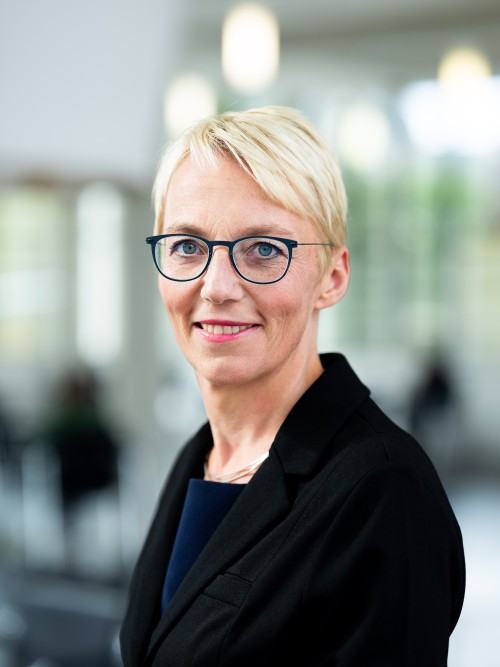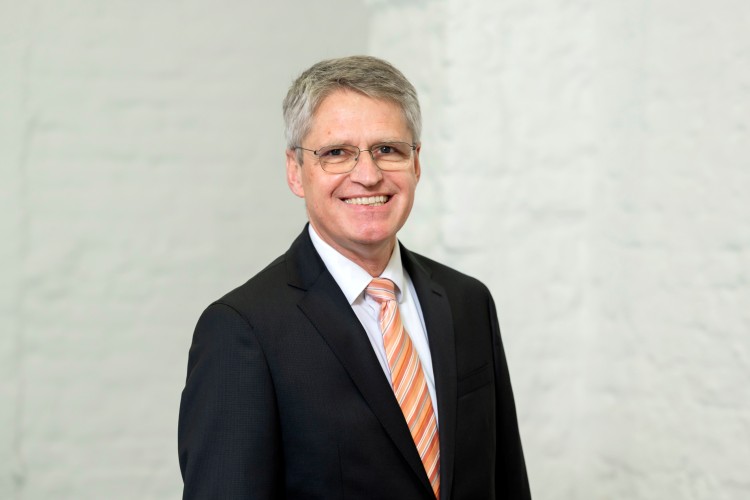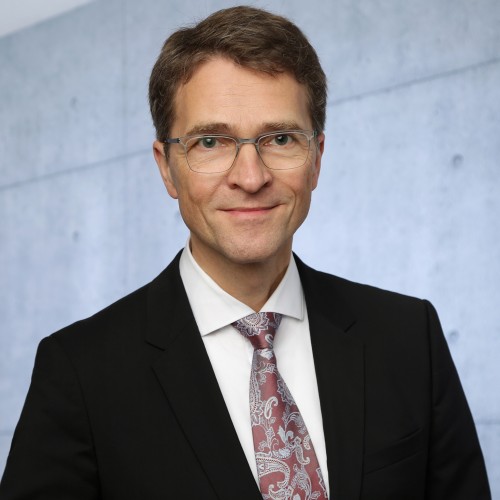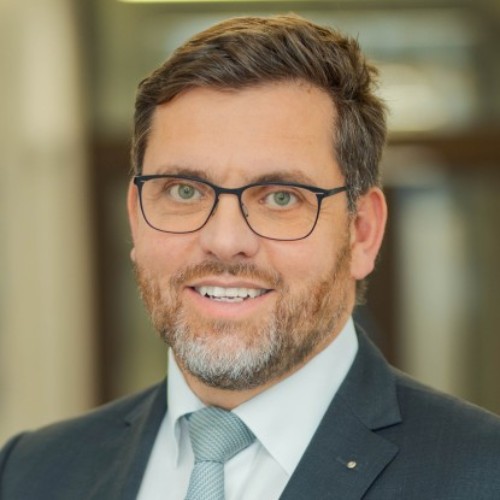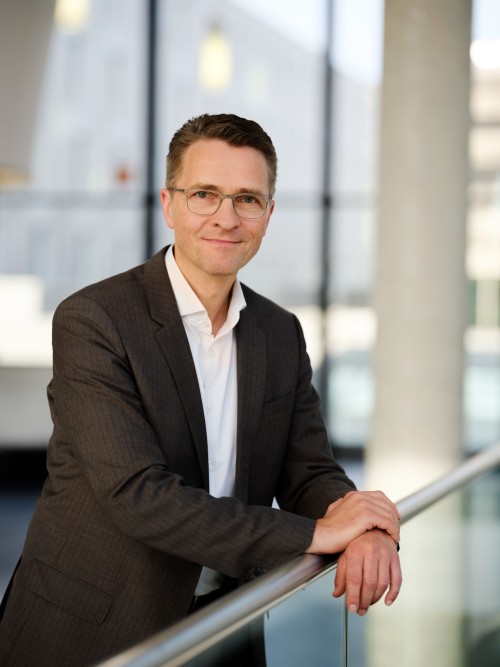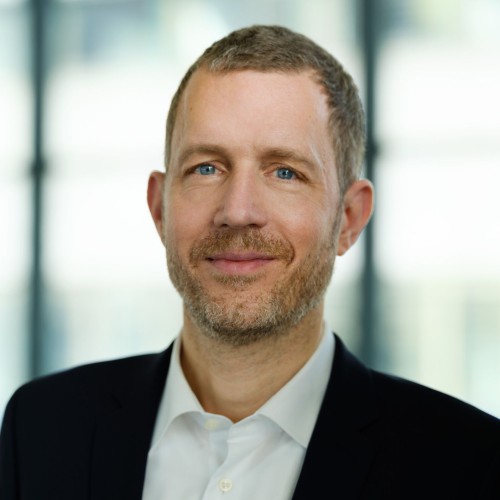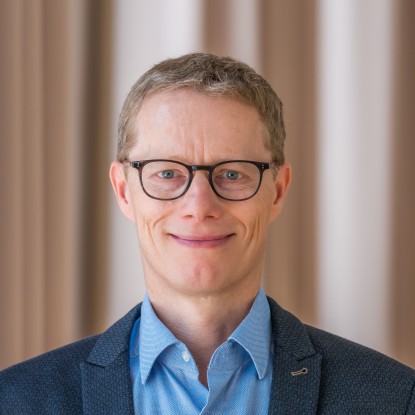Matthias Oechsner,
Vice President for Research
A summary after two years of living the research strategy shows that TU Darmstadt is on a very good path. Our progress is evidenced by successful excellence cluster outlines and the acquisition of third-party funding. These successes show that we are living and implementing our ambitious goals. The TU spirit is palpable and makes TU Darmstadt a unique research environment - thanks to outstanding scientists, staff and students.
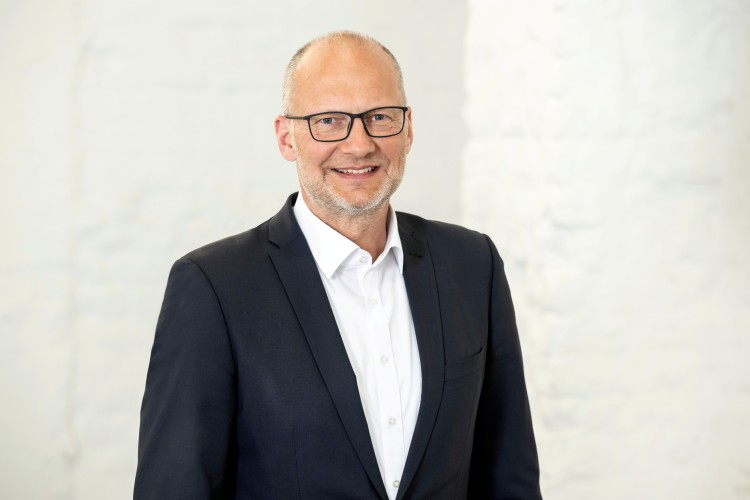
The research strategy of TU Darmstadt had been developed in a participatory process in 2020. Starting with an analysis of the special characteristics of research at TU Darmstadt, we formulated our research strategy with the vision of in-depth, excellent and attractive research for both students and scientists in mind. All of this is relevant in transforming and sustainably advancing science, technology, economy and society. To realise this vision, we defined seven goals and various measures.
With three fields of research and starting out with four research topics for each field, we have conceptualised the contextual strength of research of TU Darmstadt anew within the strategy process. Our three fields of research Environment (E+E), Information and Intelligence (I+I) as well as Matter and Materials (M+M) span resonant spaces in which we jointly seek and find answers to important questions of science and society. Within these fields of research, top scientists and their teams propel research forward by way of highly focussed and relevant research topics. These high-profile research topics shape the academic reputation of Technical University of Darmstadt.




